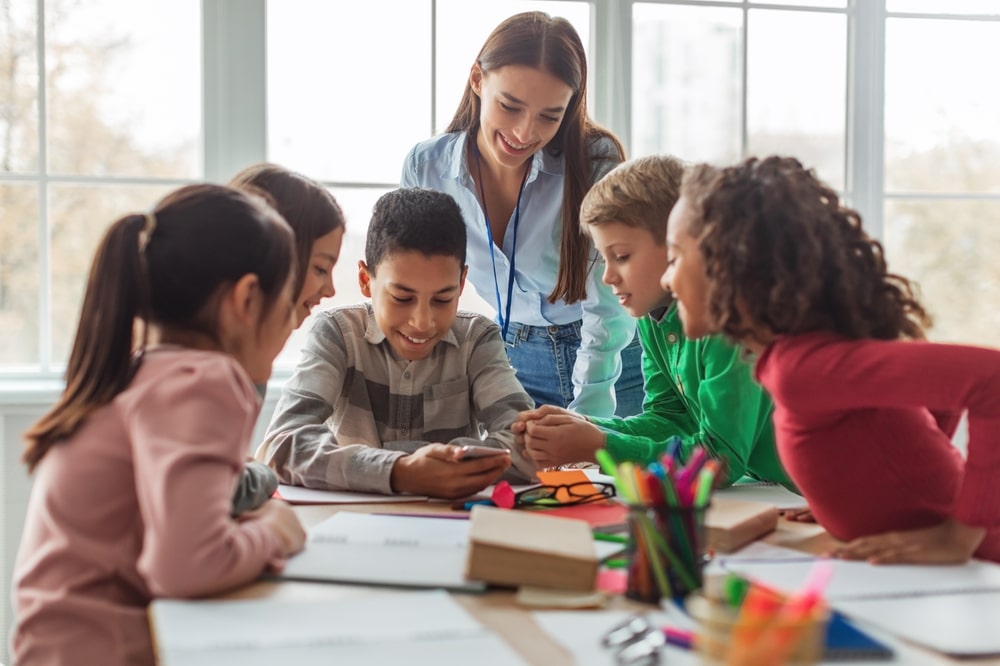Growing up in a small bilingual setting in Italy, my childhood was shaped by the harmonious fusion of Italian and Arbëreshë cultures. The bilingual context fostered open-mindedness, empathy and adaptability, qualities crucial in today’s world. This unique environment, where two languages and traditions intertwine, gave me the opportunity to appreciate diversity from a young age. The experience of living in a multicultural environment has not only enriched my personal life, but also instilled in me the belief that such an environment is essential in schools.
Reflecting on my upbringing in a bilingual setting in Italy and my passion for travel, I can attest to the profound impact that a multicultural environment has in personal growth and the formation of shared human values.
Within a discourse of multilingualism and multiculturalism, travel plays a key role. It exposes people to new environments, traditions and ways of thinking, enriching perspectives and broadening horizons. It is an invaluable form of education.
A multicultural environment in schools reflects the diverse world that students will encounter as adults. When children are exposed to diverse cultures, they develop superior social skills and emotional intelligence. They learn to communicate effectively with children from diverse backgrounds, understand and respect cultural differences, and deal with complex social dynamics with ease. This exposure reduces prejudice and promotes inclusion, preparing students to thrive in diverse workplaces and communities.
It has long been proven that students in multicultural settings often perform better academically: critical thinking and creativity are encouraged by exposing students to multiple perspectives and approaches to problem solving. Teachers in these settings can draw on a wide range of cultural references to make lessons more engaging and relevant, improving student motivation and participation. In addition, learning about different cultures can spark curiosity and a love of lifelong learning.
Growing up bilingual was one of the most significant benefits of my education. In a multicultural school, students often have the opportunity to learn multiple languages. Bilingualism or multilingualism is a valuable asset in the modern world, as it enhances cognitive skills and opens up numerous career opportunities. Language skills are not just about communication; they foster a deeper appreciation and understanding of the world and cultures themselves.
Schools like ours that embrace diversity not only improve students’ academic and social outcomes, but also prepare them to be compassionate, informed and active global citizens by having the opportunity to experience different cultures firsthand. The global perspective that I encourage pursuing in my Division and that we promote in our school from an early age fosters empathy, adaptability and a deeper respect for cultural differences.
In an increasingly interconnected world, promoting multiculturalism in education is not only beneficial; it is essential.
The article The importance of a multicultural environment in schools comes from TheNewyorker.

